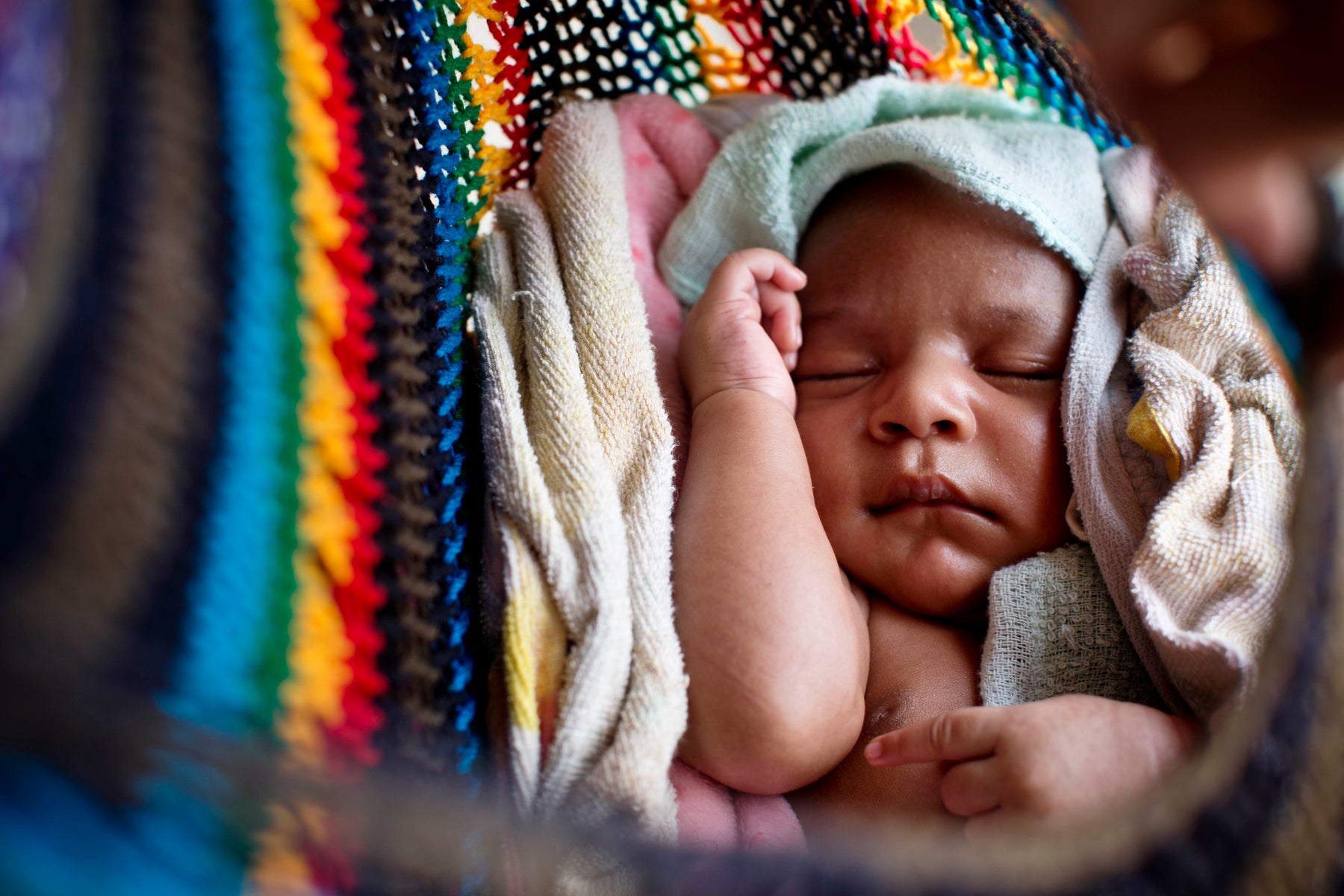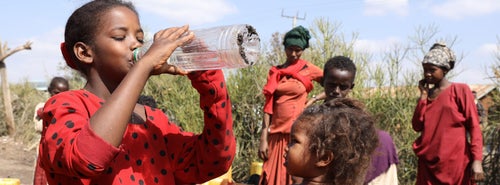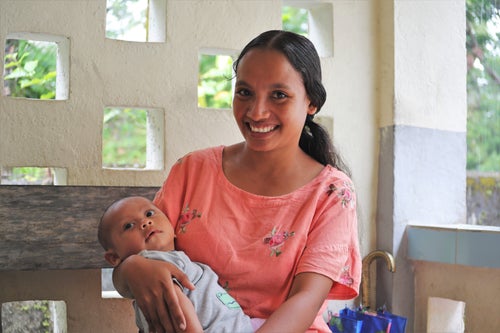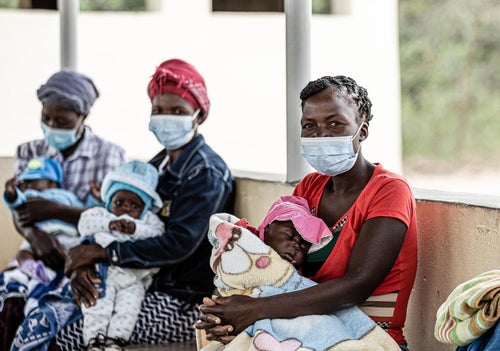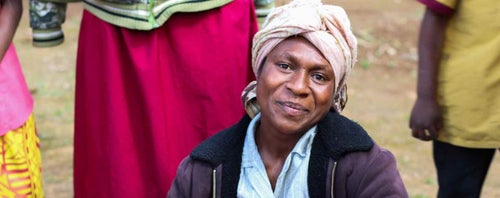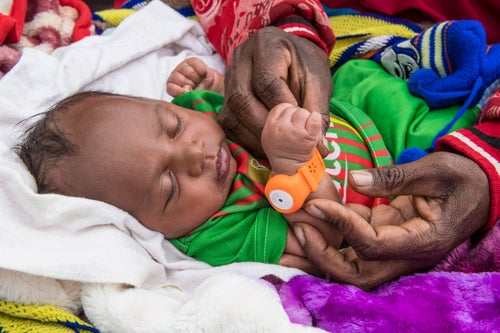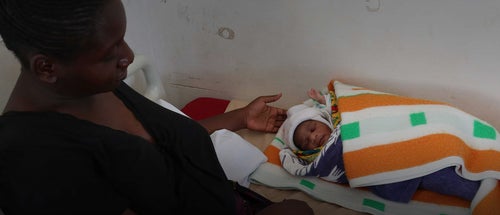We’re delivering child and maternal health care to improve the survival of newborns, children and their mothers.
Together with our partners, we’ve made tremendous progress in child and maternal health – more infants today live to celebrate their fifth birthday, while fewer women lose their lives during pregnancy and childbirth.
Yet, we still need to do more to reach every child. Around the world, millions of mothers and babies are dying every year. In fact, in 2020 alone, five million children under the age of five passed away from preventable causes. Whether living in remote areas, experiencing poverty, living with a disability, or being caught in the throes of conflict and disaster, many mothers and their babies lack access to quality healthcare and need our support.
That’s why we’ll keep working with governments and community partners until the situation for every child improves.
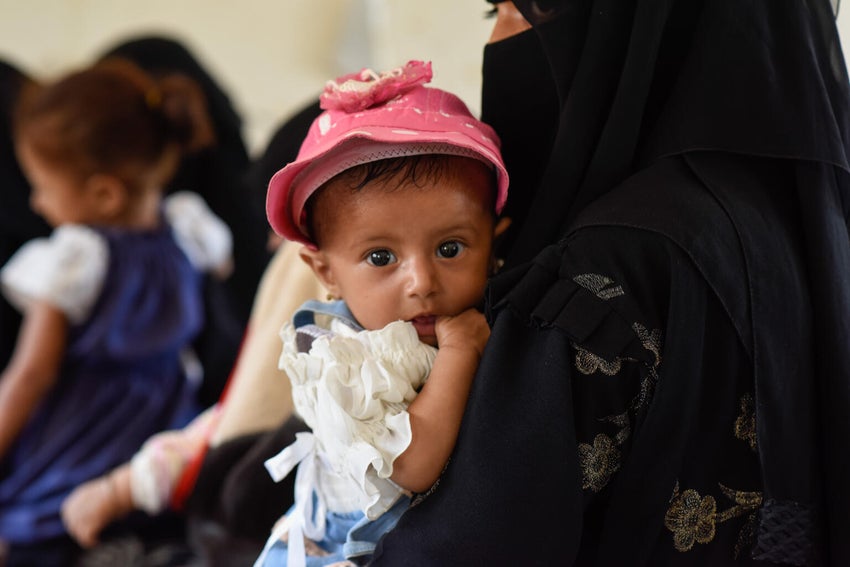
Maternal healthcare and gender equality
Complications from pregnancy remain a leading cause of death and disability for teenage girls in the least developed countries. This is especially the case for the hundreds of millions of girls who have been subjected to female genital mutilation or for child brides, who often become pregnant when they are still children themselves. Teen girls are also more likely than anyone else to experience sexual violence. At the same time, 66 per cent of girls globally know nothing about menstruation until their first period. And sadly, among new HIV infections in adolescents, 3 in 4 occur in girls.
How is UNICEF improving healthcare systems across Asia Pacific?
Our decades of experience around the world have taught us that the only way to improve the supply and delivery of quality, affordable healthcare is by strengthening health systems. That’s why we work at a community level, training healthcare workers and local educational institutions to ensure consistency in quality and practice. We collaborate with governments on policy and regulatory issues related to health care providers, and we put in place the infrastructure to ensure delivery of essential medicines and supplies, even in the hardest to reach places.
"UNICEF is working with health centres in regional and remote communities to equip them and ensure they have the skills to respond to an emergency, so that when a woman has had to walk four to five hours in labour just to get to her nearest health facility, she knows she will receive the quality care that she needs."
At a local level, UNICEF Australia is committed to supporting critical, underfunded programs, here in Australia and in our neighbouring countries; Cambodia, Laos, Timor-Leste, Papua New Guinea, Sri Lanka, Burundi, Solomon Islands, Vanuatu and the Pacific Islands. This work is made possible thanks to generous supporters like you, as well as the Australian Government through the Australian NGO Cooperation Program (ANCP).
11,623
In 2021, UNICEF Australia supported the training of 11,623 health workers in East Asia Pacific on providing high quality, inclusive maternal and child health services.
1,253
pregnant mothers and 3,487 children under five received improved maternal and neonatal care services in Timor-Leste in 2021-22 alone.
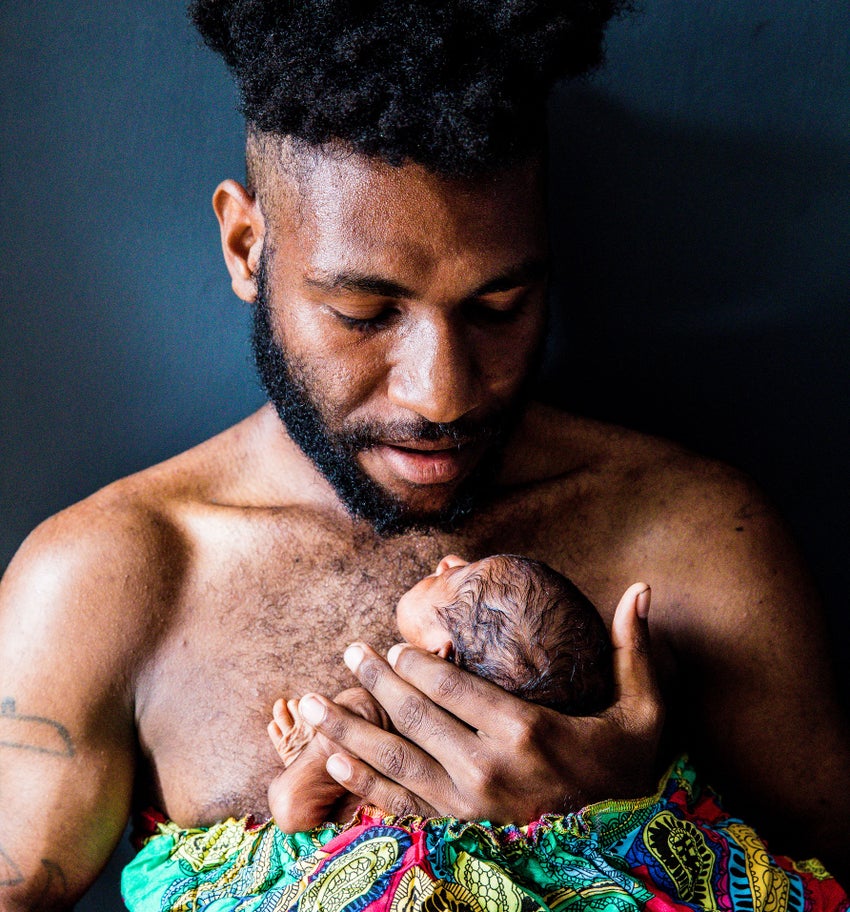
Meet Ikia, a father from Papua New Guinea
Ikia is one of many dads in Papua New Guinea that UNICEF is supporting through Kangaroo care programs. The program teaches parents how to keep their babies warm and healthy, by holding their newborn baby against their bare skin. Kangaroo Care is important as it helps regulate the baby’s heart rate, temperature and breathing, with the added benefit of increasing the bond between the baby and their parent.
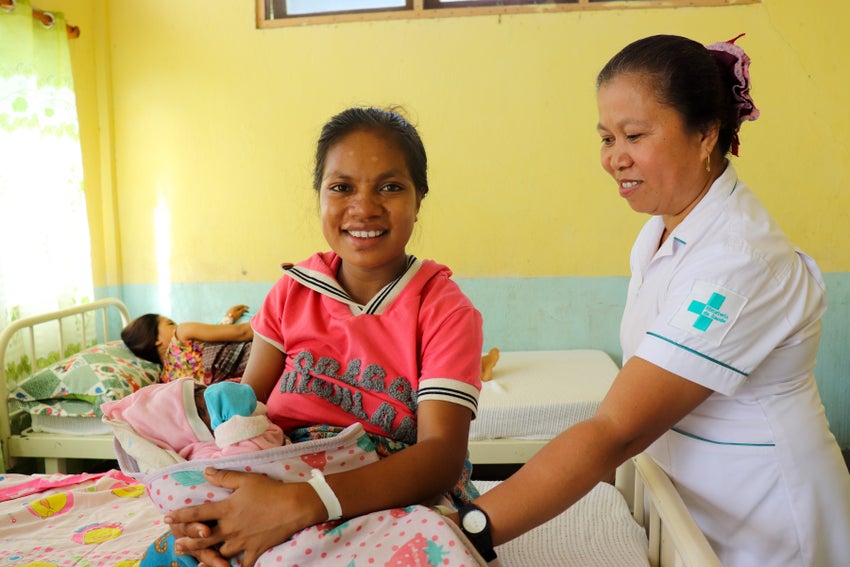
Meet Ana, a midwife in Timor-Leste
Ana works tirelessly to support mothers in remote communities to have access to quality healthcare. To get to many of the villages, Ana will walk, go on a motorbike or at times ride a horse with the family members, all while carrying her equipment.
One of the challenges for Ana and mothers like Natalia (pictured), is that many health centres in Timor-Leste are not properly equipped or have access to clean water, which is essential for the safe delivery of the baby.
“Before, when we had no water supply, we request the family member of the patient to bring one or two gallons of water to assist the delivery process. If there is no electricity, we will light a candle or use a rechargeable flashlight to assist during the childbirth and to ensure that the baby will cry after being born," says Ana.
Thanks to our generous supporters, we’re providing essential medicines, supplies and access to safe water and sanitation to health centres like Ana’s.
Help us provide quality healthcare for generations to come.
Every child has the right to survive and thrive. To make this a reality, we need your help to deliver healthcare programs to communities in need.
The impact of our work across healthcare
We’re delivering child and maternal health care to improve the survival of newborns, children and their mothers.



